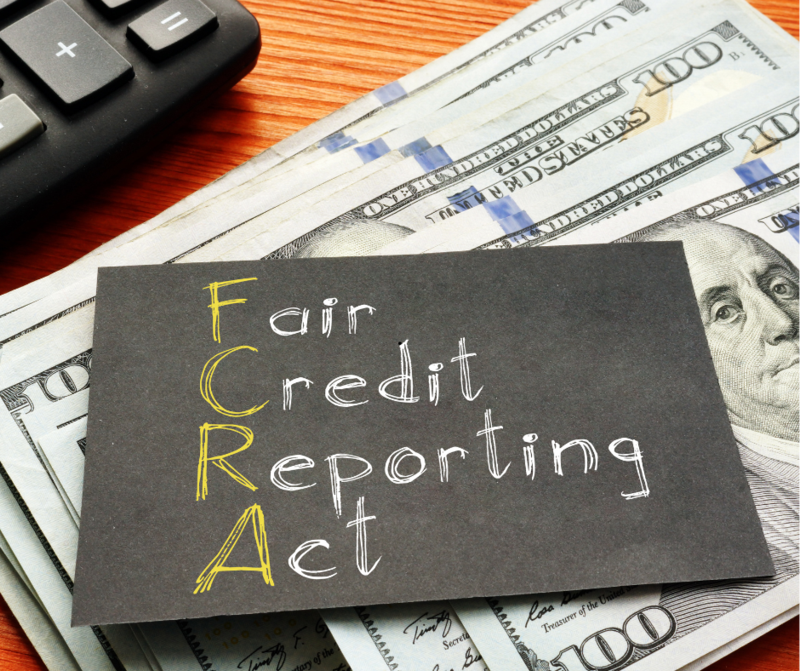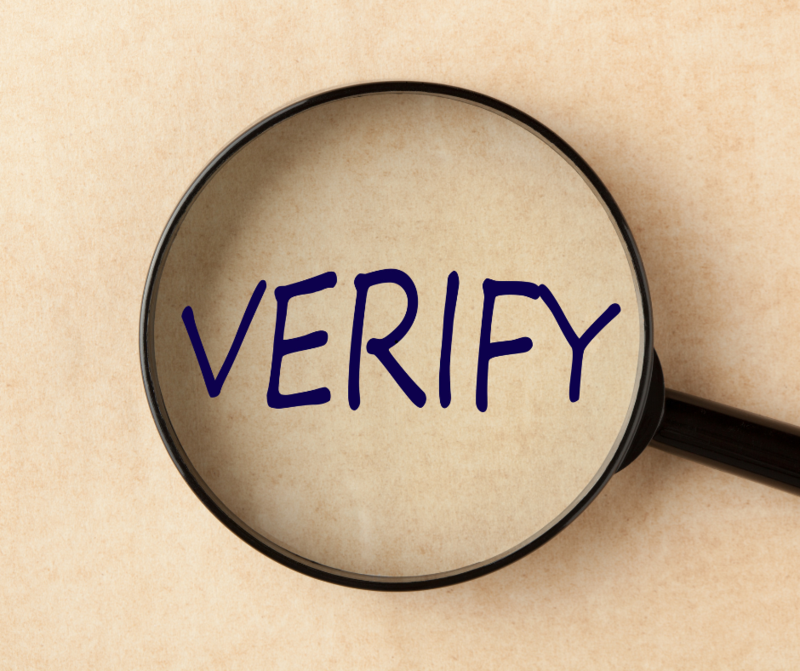The credit system here in America can be a great way to build wealth, when you understand how to use it as leverage. If not used wisely, it can create a mountain of constantly growing debt that will cost you a lot of time and money.
Prestige Professional Management
Your Consumer Resource Specialist
Credit restoration companies can make this process easier by doing the heavy lifting for you. They will take the steps of obtaining your reports, finding inaccuracies and disputing any mistakes directly with creditors and the major credit bureaus on your behalf.
It also gives consumers certain rights, including free access to their own credit reports at least once a year. Violations of the FCRA can carry fines, including monetary damages if any are incurred. Enforcement of the FCRA falls to the Federal Trade Commission (FTC) and the Consumer Financial Protection Bureau (CFPB).Consumers have the right to dispute inaccurate information in their credit reports.
Under the FCRA, consumers also have a right to:
- Verify the accuracy of their report when it's required for employment purposes
- Receive notification if information in their file has been used against them in applying for credit or other transactions
- Dispute—and have the bureau correct—information in their report that is incomplete or inaccurate
- Remove outdated, negative information after seven years in most cases, or 10 in the case of some bankruptcies
If the credit bureau fails to respond to your request in a satisfactory manner, you can file a complaint with the CFPB. Certain negative information should fall off your credit reports automatically after the relevant period of time has elapsed (typically within seven or 10 years). If that doesn't happen, you have a right to have it removed. Each violation may carry a fine of $100 to $1,000. If damages are incurred, actual and punitive damages may also be imposed in addition to attorney fees.
Credit Restoration
If you attended school in this country, it’s a good chance that you never learned the information that you need to know about credit and because of that, you may have experienced some difficult times when it comes to growing wealth. There is still hope however!
Credit report mistakes are very common, and while you can remove inaccurate information from your credit report yourself, the process is often frustrating and time consuming. Checkout these companies for yourself to see how they can help.
You can accomplish this yourself using The Fair Credit Reporting Act, which is a federal law that regulates the collection of consumers' credit information and access to their credit reports. This law was passed in 1970 to address the fairness, accuracy, and privacy of the personal information contained in the files of credit reporting agencies like Equifax, Experian and Trans Union and ensures the accuracy and privacy of consumer information held by these credit reporting agencies.
Get ready to arm yourself with information about credit and change your financial life!
This company has been in business since 1989 and their methodical approach is designed to put you on the road to genuine, lasting credit health. Sky Blue Credit identifies even the most subtle disputes – to leverage every opportunity to raise your scores. They start fast and keep up the pace with a rapid 45-day dispute cycle which is one of the fastest in the industry.
Their technology is so good that it is patented. You can maximize your credit score and safeguard your privacy which will help you save money on loans, track your spending habits, get alerted and report any suspicious transactions. You can protect your household and safeguard your family's financial future against identity theft with their $1M Fraud Insurance. You can stop 3rd parties from selling your information and reveal websites exposing your private info and request to have it removed directly.
The Fastest Way to Add Points & Get Approved!
Discover the Sky Blue Difference
Do It Yourself Credit Restoration









